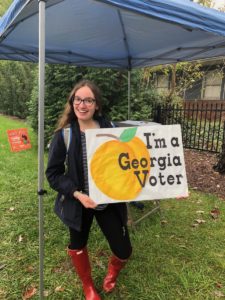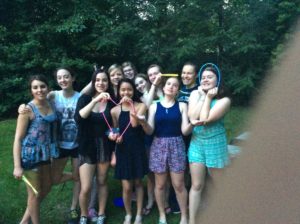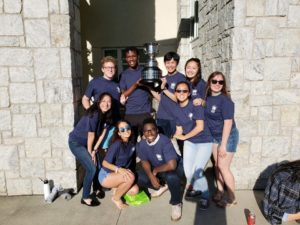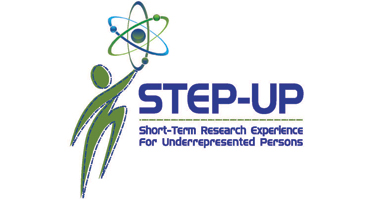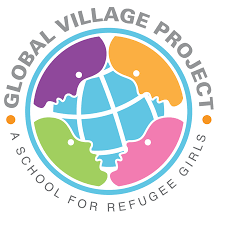Program Identified: Fulbright Teaching Assistantship
Prompt: Who are you and why should you receive this grant/scholarship?
Program-Specific Prompt: “The statement should be a 1 page narrative that provides a picture of yourself as an individual․ It should deal with your personal history, family background, influences on your intellectual development, the educational, professional, and cultural opportunities (or lack of them) to which you have been exposed, and the ways in which these experiences have affected you․ Also include your special interests and abilities, career plans, and life goals, etc. It should not be a recording of facts already listed on the application or an elaboration of your Statement of Grant Purpose․ It is more of a biography, but specifically related to you and your aspirations relative to the specific Fulbright Program to which you have applied․”
For someone who has actually never been abroad, I have a great appreciation for foreign languages. Learning a foreign language and culture has been a part of my academic, professional, and personal development for as long as I can remember. I cannot remember a time during which I have not been learning a foreign language. My father studied German throughout middle school, high school, and some of college and had always wished that I follow in his footsteps. Although I did not realize this at the time, my father and I share a similar curiosity for all things in general, which makes learning a language a great, intellectually stimulating adventure. I was most definitely up for the ride.
It is very safe to say that my high school was the place where my addiction for learning foreign languages, particularly German, really sprouted from. There were two teachers of German, both of whom have taught me for many years and with whom I was incredibly close. They took me under their wings and mentored me, increasing my love for the language and culture. One of my German teachers was largely the reason for why I chose to attend Emory for my undergraduate degree, and I am the only student to date that has taken all of the German courses offered by my high school. I was granted the opportunity to take AP German Language and Culture at my high school, an academically challenging and rewarding program that I still value today.
Moving on to my undergraduate experience, I began my collegiate foreign language education strongly with the opportunity to participate in research as a first-year student. Through this experience, I was able to design my own education and learn about topics of interest to me. This also allowed me the opportunity to improve my language skills by being able to speak at a better, more fluid pace in individual meetings with my professor. This experience opened my eyes to many other opportunities to engage with the foreign language community at Emory. I was also invited to apply for the Global Languages and Cultures Cohort in which I engage with other students studying foreign languages at Emory. This experience serving on the cohort has allowed me to interact with students who study languages different from mine and actively reflect on why I chose to study a foreign language. It truly became clear to me that, as a result of my language studies, I am a better, more well-rounded person with skills that are irreproducible in other areas of study.
Studying foreign languages have exposed me to the cultural differences that exist between the German-speaking world and America. Since I hope to become a scholar in philosophy and teach at a collegiate level, I now have a good aim at potential research interests including the philosophy of culture and immigration. This research will allow me to integrate my love for foreign languages and cultures with my love of philosophy and answering bigger questions.
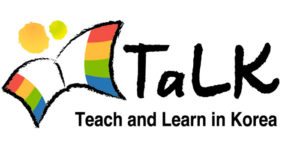
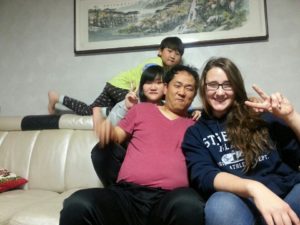
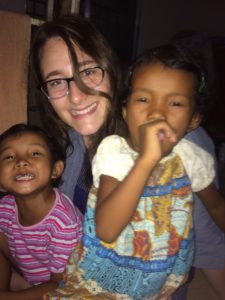
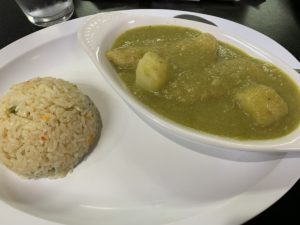
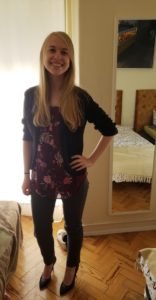
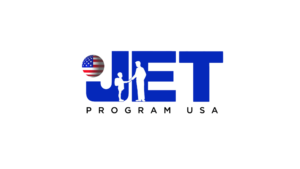 personally important for me to create an outlet for the children to learn more about my home
personally important for me to create an outlet for the children to learn more about my home 
